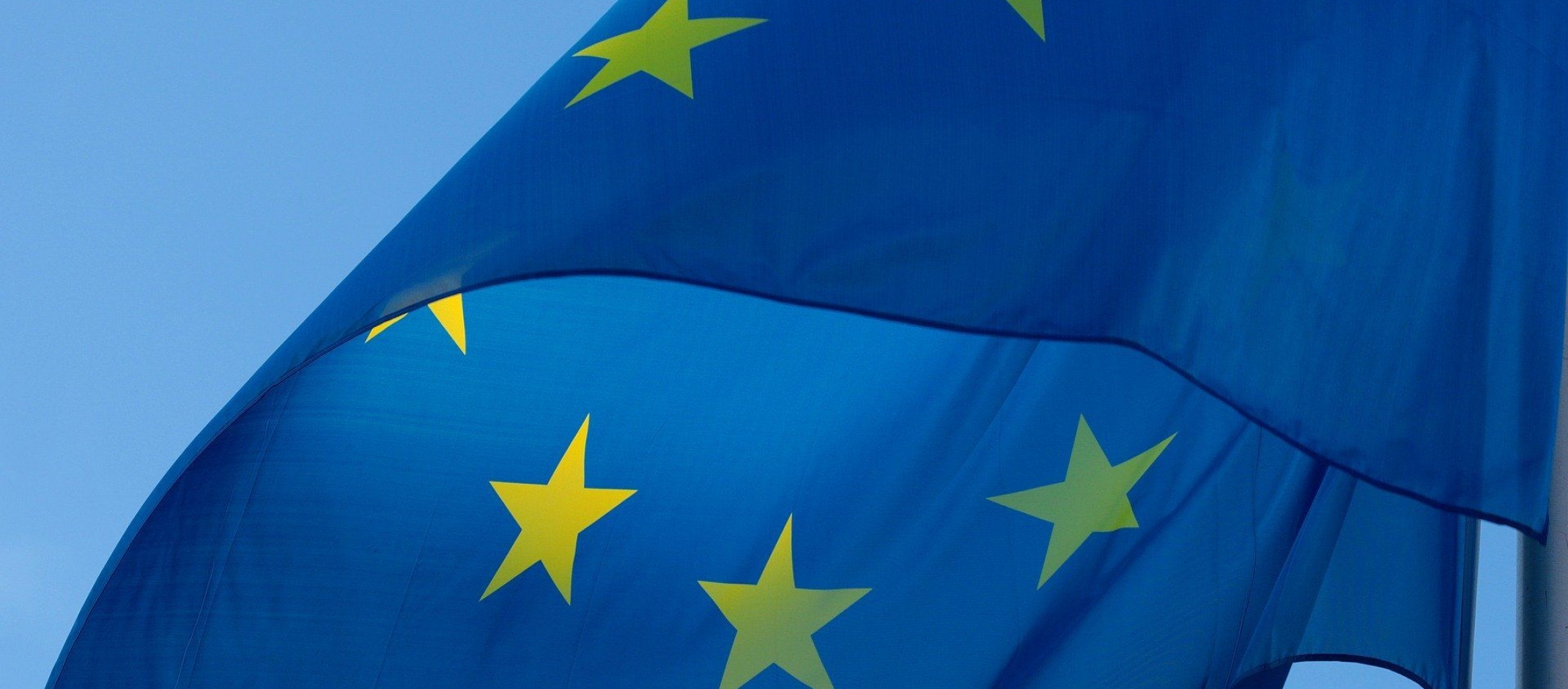Coronavirus and the EU

What do you make of the EU's response to the coronavirus crisis at a political level?
The European Union is really being put to the test at the moment: The division between northern and southern member states that emerged during the eurozone crisis is now being aggravated by the corona crisis. The South in particular voices complaints of a lack of solidarity and a short-sighted propensity to prioritize supposed national interests. This is understandable as the northern and eastern member states have closed their borders without prior consultation and have provided little medical assistance – however, they are quite busy with their own situation.
The EU as such has only limited options for active support in the health sector – and yet it seems as though many have lost sight of the fact that Europe is also a community of fate and must show solidarity especially in bad times. In the long run, this could be damaging Germany's reputation in particular. At the same time, it would of course be wrong to say that the EU has not acted at all – the European Central Bank has been comparatively quick in promising funds and the otherwise rigorous rules on budgetary discipline in the eurozone have also been relaxed. The European Commission is furthermore offering a € 100 billion programme to help protect employees and support the preservation of employment (SURE).
The EU member states have reacted in a very divided and individualistic way with regard to the developments connected to the spread of the coronavirus. What is the relation between the decisions that are made at EU level and those made at member state level?
The repertoire of action at the EU level is limited by the treaties. It takes time for a complex multi-level system such as the EU to respond in a coordinated way to such challenges. Moreover, the EU must not get into debt – hence the concern in countries such as Germany or the Netherlands about so-called "corona bonds". At the same time, there has recently been growing support for aid measures for the particularly crisis-ridden nations, many of which have still not recovered from the eurozone crisis. A country like Italy, whose debts already amount to about 135 percent of the gross domestic product, is hardly in a position to accomplish economic rehabilitation on its own. Unfortunately, good crisis communication was neglected once again – countries such as Russia and China, which have been sending medical aid in a media-effective manner, have shown a better sense of public diplomacy than some of the EU partners.
The EU is currently being accused of collective failure, also with regard to Hungary. What does the corona pandemic say about agency and internal cohesion in the EU?
The case of Hungary is certainly special: Orban's government is once again stretching its executive authority far beyond what is consistent with the fundamental norms and values of liberal democracies. During normal times, the Hungarian behaviour would certainly have led to even stronger sanctions, but understandably, other concerns currently predominate in the European political discourse.
Will the corona crisis impact the relations between the EU and its international partners?
The EU is currently still busy handling its own crisis; at the same time, the concerns of its African partners, for example, for whom the spread of the coronavirus is also a huge problem, are being taken on board as well. Relations with Africa were high on the list of priorities before the crisis and it remains to be seen whether the EU is able to meet its ambitions at this time. Of course, the geostrategic dimension must be taken into account here as well – what role does the EU want to play in world politics in the future?
What about the relations within the EU? Will we (be able to) simply return to the status quo once the corona crisis is behind us?
The European Commission had planned to convene a conference on the future of Europe in May. While the current events are causing the official talks on this to take a back seat to some extent, it seems that the discussion among the citizens has flared up considerably: Is the EU more than an internal market and what is its finality? How much solidarity are the partners effectively willing to practise – especially in the corona crisis this is not merely about money, people's lives are at stake. Germany, too, must gain clarity about what role it wants to play in Europe. There is indeed a current debate whether eurobonds should be set up without Germany, the Netherlands and Austria. This would be a novelty in terms of differentiated integration, because in the past Germany has always been at the forefront of important measures.
What will the EU look like in six months? Could the coronavirus also open up new opportunities and possibilities?
Yes, I think the debates mentioned above are important, because the debate on the future of Europe cannot take place without its citizens. The democratic process of will and decision-making has been initiated and while the outcome – as usual – remains uncertain, a radical shock such as the corona pandemic can potentially contribute to finding innovative solutions. Overall, the current crisis emphasises the tight global interdependence which is an essential basis for international cooperation.
In a series of interviews, experts from the University of Konstanz from different departments and from its Cluster of Excellence "The Politics of Inequality" provide information on current issues related to the spread of the coronavirus.
